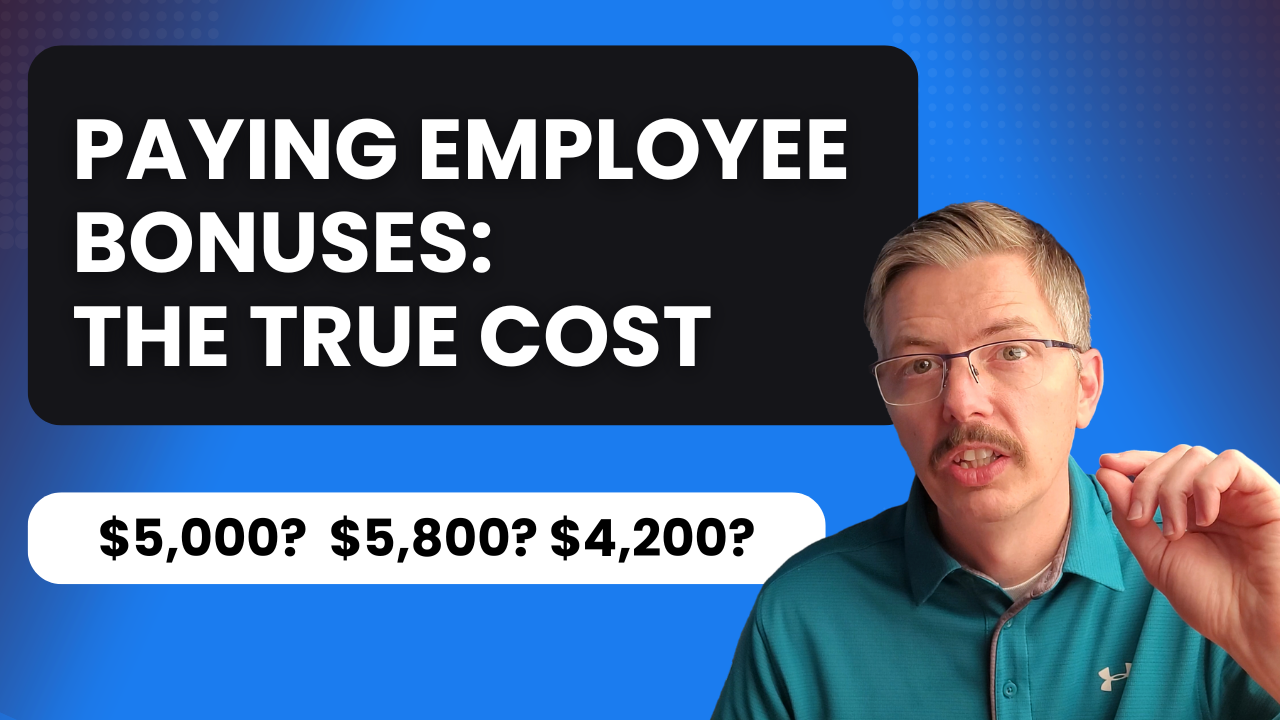

Introduction: Understanding and effectively managing accountable plans is pivotal for S-Corporations, both for tax efficiency and compliance with tax laws. This guide delves into the intricacies of accountable plans, drawing from the IRS’s comprehensive overview, to aid S-Corporations in navigating these regulations.
Understanding Accountable Plans: An accountable plan is a reimbursement arrangement that meets certain IRS criteria, allowing businesses to reimburse employees, including owners, tax-free. These plans, while not required to be in writing, must be established policies within the organization. They are particularly significant for S-Corporations as they ensure the tax-efficient handling of employee business expenses.
3 Key Requirements of Accountable Plans:
Written Policy: As noted, while a written policy is not required, we strongly recommend creating one. Here are some examples of what your written policy should clarify.
While this list is not complete these elements help add clarity, compliance, and ease of administration for both the employer and the employees. S-Corporations should adjust and build on these elements to create a plan that works for them, their employees and meets the IRS requirements.
Nonaccountable Plans: If any of the three accountable plan requirements aren’t met, the arrangement defaults to a nonaccountable plan. Payments under such plans are taxable wages, requiring appropriate tax withholdings. S-Corporations must be diligent in distinguishing and managing these different plans.
Employer Flexibility and IRS Guidelines: Employers can tailor their accountable and nonaccountable plans to specific needs, as long as they meet IRS standards. For instance, these plans do not have to treat all employees the same, you can have different agreements with employees and owners. The key is ensuring that the plans are not less restrictive than IRS regulations.
Conclusion: Accountable plans for S-Corporations are more than just tax tools; they are integral to strategic financial management. Ensuring that these plans align with IRS guidelines is crucial for tax efficiency and legal compliance. For tailored assistance and in-depth exploration of accountable plans contact Stegner CPA.
Disclaimer: The tax information provided here is for informational purposes only and should not be construed as or relied upon for tax or legal advice. This information is based on the laws and regulations in effect at the time of issuance, and we do not undertake any obligation to update this information after the date of its release. Please speak with your tax professional or attorney for guidance specific to your circumstances.



